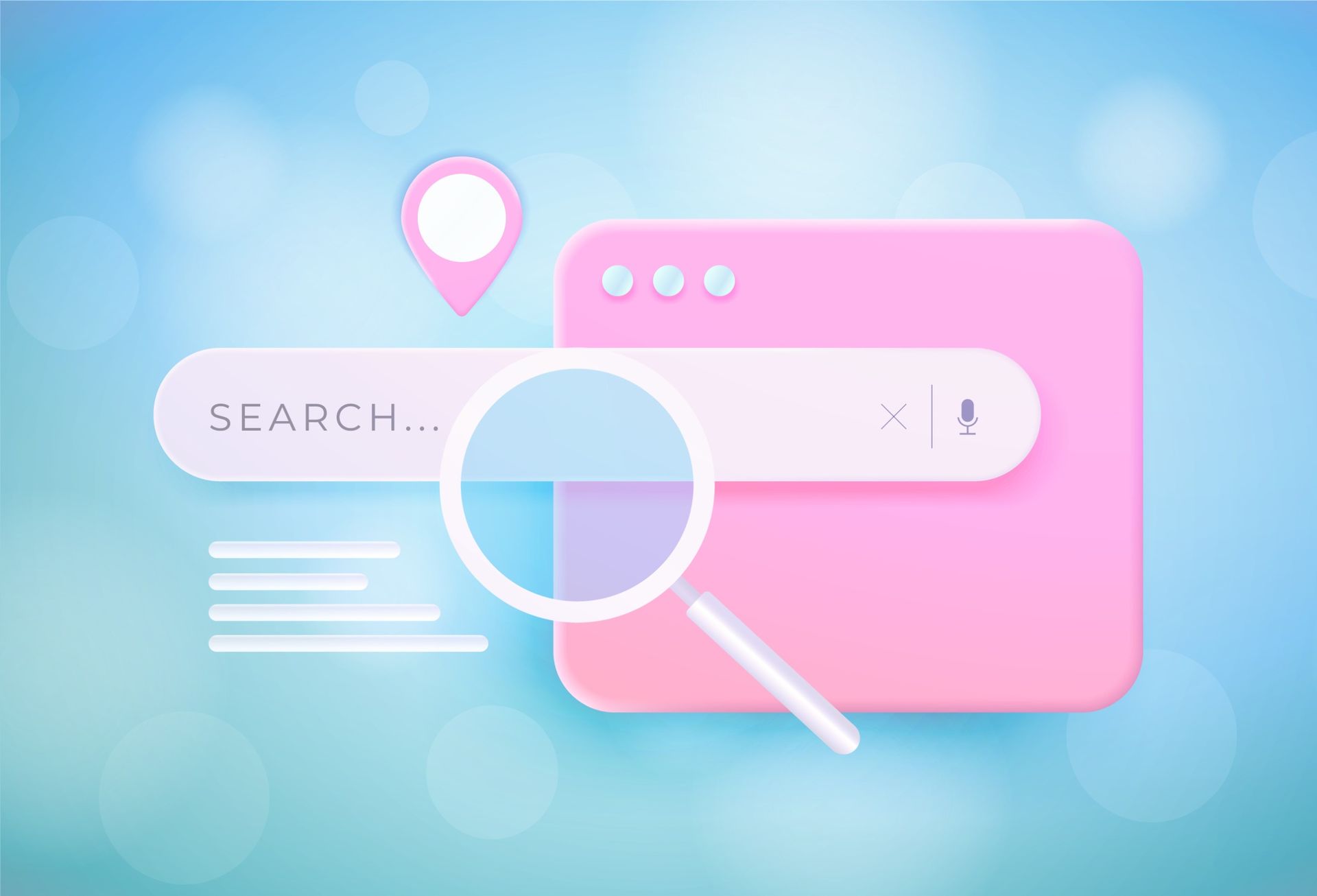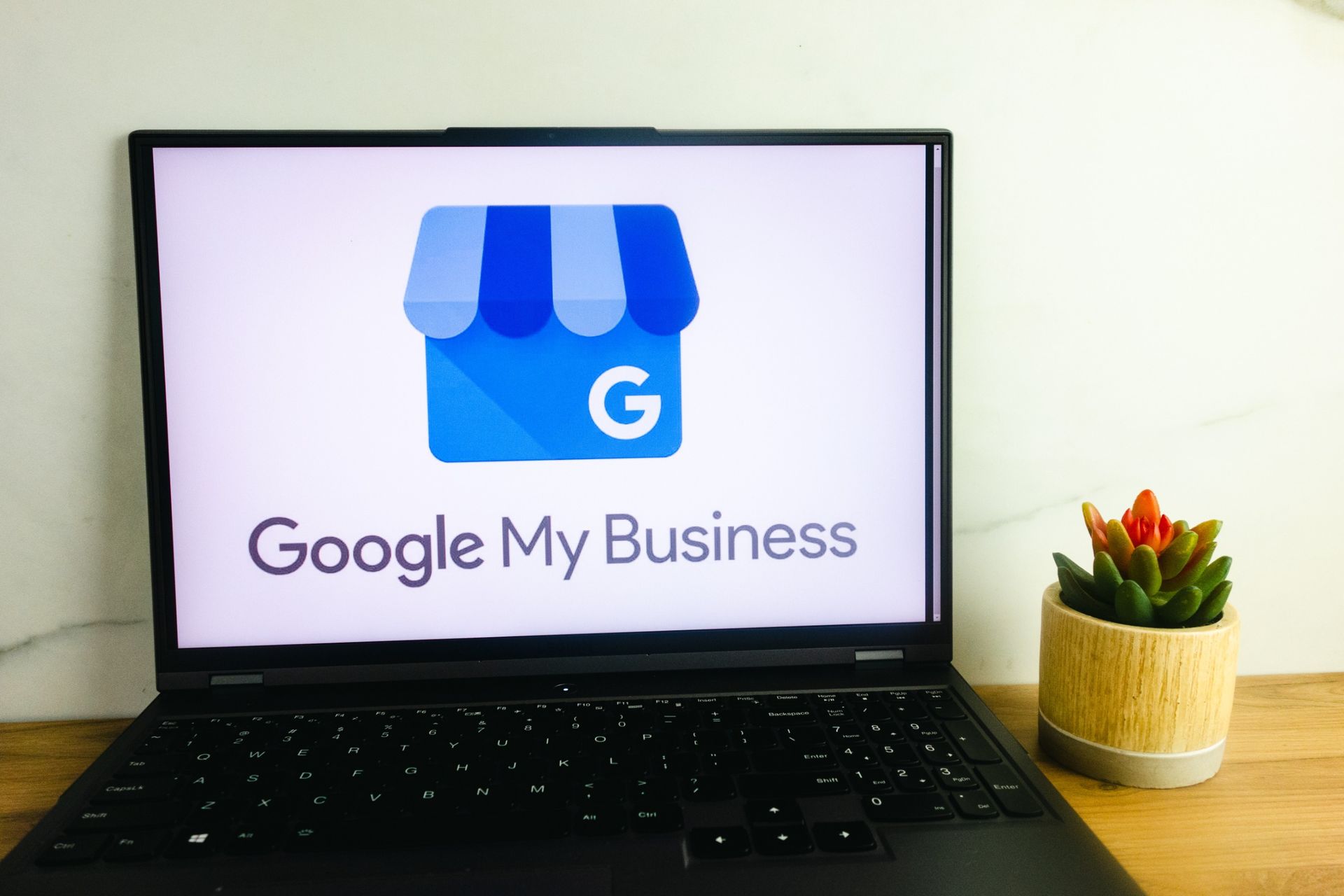Black & Blue Light Marketing
How Many Keywords Should Be in an Ad Group in Google Ads?
Google Ads can be a game-changer for small businesses looking to attract their ideal customers online, but running a successful campaign takes more than setting a budget and writing a catchy ad.
Keyword organization, particularly within ad groups, plays a critical role in determining whether your campaign thrives or flops.
When structured properly, ad groups help improve campaign performance while driving clicks to your website at a competitive cost. But how many keywords should you use in each ad group?
And how can organizing your keywords boost your results? Here’s everything you need to know.
Understanding Ad Groups
Before we discuss keyword strategies, it’s important to understand what an ad group is.
An ad group is a component of a Google Ads campaign that allows you to group a set of ads together with associated keywords. Each ad group focuses on a specific topic, theme, or product/service, helping you maintain tight relevance between your ad copy and the search terms your audience uses.
For example, if you’re running a campaign for a coffee shop, your ad groups might be:
- “Coffee Beans” Ad Group: Keywords like “buy Arabica coffee beans” or “whole bean coffee.”
- “Breakfast Menu” Ad Group: Keywords such as “croissants near me” or “breakfast sandwiches.”
- “Specialty Drinks” Ad Group: Keywords like “best espresso near me” or “seasonal lattes.”
By separating your campaign into these groups, your ads are tailored to the specific search intent of potential customers, which boosts your campaign's relevance and effectiveness.
Why Does Keyword Relevance Matter?
Google assigns your ads a Quality Score, and keyword relevance is a critical factor in determining it. Quality Score is Google’s way of measuring how closely your keywords, ad text, and landing page match the search intent of users. A higher Quality Score means:
- Better ad placement.
- Lower cost-per-click (CPC).
- Improved click-through rates (CTR).
If your ad groups are packed with too many unrelated keywords, your ads won't align as closely with searches, leading to poor performance and higher costs.
How Many Keywords Should Be in an Ad Group?
There’s no one-size-fits-all answer, but for most small businesses, 10–20 closely related keywords per ad group is ideal. Here's why this range works well:
- It ensures your ads are highly relevant to each search query.
- It avoids overwhelming Google’s algorithm with too many variations.
- It allows for better ad copy customization based on search intent.
For niche-focused campaigns with a narrow target audience, you might only need 5–10 keywords. Conversely, broader campaigns may benefit from using up to 20 keywords per ad group, as long as they’re still closely aligned.
Ultimately, aim for quality over quantity. It’s better to have fewer, highly relevant keywords than to throw in irrelevant ones.
Strategy Matters
The ideal keyword count can also depend on your campaign’s goal:
- Brand Awareness Campaigns: You can use slightly more keywords to attract a broader audience.
- Conversion-Focused Campaigns: Fewer, highly-specific keywords are better for targeting users who are ready to take action, like making a purchase.
Understanding Keyword Types
Choosing the right keywords is just as important as deciding how many to use. Google Ads campaigns usually involve three main types of keywords:
1. Broad Match
A broad match keyword shows your ads for any search term related to your keyword, even if the exact words aren’t used.
- Example: A broad match for “coffee shop” may trigger ads for “cafes near me” or “local espresso bars.”
- Best for: Brand awareness or bringing traffic to top-of-funnel campaigns.
2. Phrase Match
With phrase match keywords, your ads appear only when a search query includes your exact keyword phrase.
- Example: “Best coffee shop” will trigger searches like “best coffee shop Baltimore” but not “coffee best shop nearby.”
- Best for: Targeting customers further along in their decision-making process.
3. Exact Match
Exact match keywords trigger ads for search queries that match your keyword exactly or are very close.
- Example: “Buy espresso beans” will only show ads when someone searches that exact phrase (or close variations like “buy espresso bean”).
- Best for: High-intent customers further down the marketing funnel.
Tips for Optimizing Your Ad Group Keywords
1. Group Keywords by Intent
Organize keywords in each ad group based on user intent. For example, grouping together “buy running shoes online” and “order performance sneakers” ensures that your ads directly address the buyer's actions and motivations.
2. Regularly Review Performance
Monitor which keywords are driving clicks and conversions. Remove underperforming keywords to refine your ad group and improve the
campaign's efficiency.
3. Tailor Ad Copy to Keywords
Write ad copy that aligns with the keywords in the ad group. For example, if you have an ad group targeting “organic coffee beans,” include that exact phrase in your headlines, descriptions, and landing page.
4. Leverage Negative Keywords
Adding negative keywords ensures your ads don't show for irrelevant searches, helping to further refine your targeting. For example, if you're targeting “espresso machine,” adding “free espresso machine” as a negative keyword can avoid wasted clicks from bargain-hunters.
Recap & Next Steps
Strategic keyword grouping in Google Ads can make or break your campaign.
By keeping 10–20 highly relevant keywords per ad group and aligning them with intent, you’ll harness the power of Google’s algorithm to improve ad placement, save on costs, and drive meaningful traffic to your website.
If optimizing your Google Ads campaign feels overwhelming, Black & Blue Light Marketing can help. Our team of Google Ads experts specializes in helping small businesses like yours achieve outstanding results.
Contact us today to schedule a free consultation and learn how we can transform your digital marketing efforts.
Black & Blue Light Marketing
We are the premier digital marketing agency in Kansas City. Contact us today to get your free, no-obligation consultation!
Contact info
845 E Warren St, Gardner, KS 66030
United States




